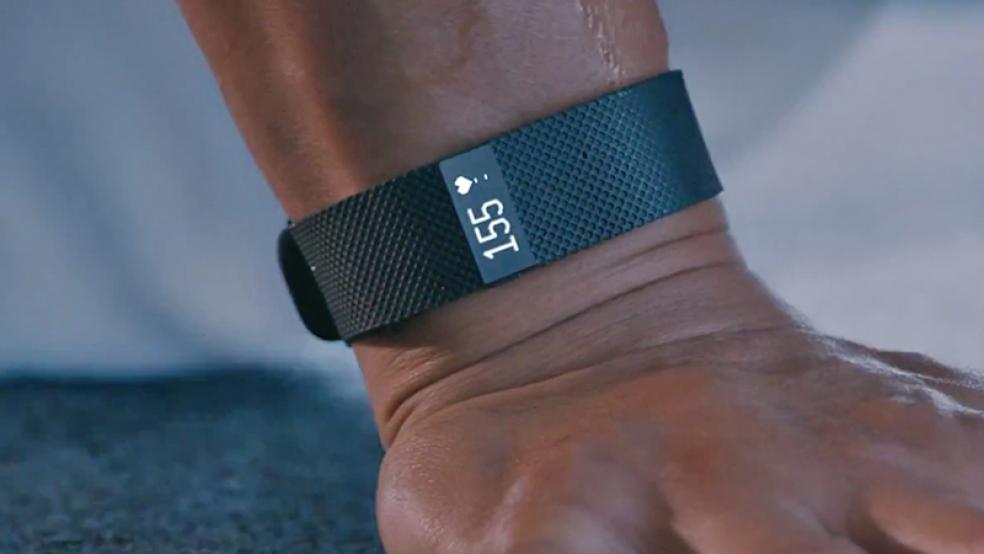With an IPO that raised $732 million Thursday, FitBit has proven it’s more than just a passing fad. The wearable craze shows no signs of waning, helping turn Fitbit’s founders into $600 million men. While the company’s products are poised to make millions of people healthier, its success raises troubling concerns about consumer privacy.
We’re always looking at our devices, but it turns out they’re checking up on us, too. And it’s not just our heart rates that interests manufacturers and marketers. Personal devices can chime and tell people when it’s time to meditate but they can also reveal deeply personal details about the individuals who use them.
Just who owns this information, and what can they do with it? An article in Fortune recently asked “Who owns your face?” after consumer watchdogs and industry groups failed to agree on even basic restrictions and standards for face-scanning technologies. Facebook’s “Moments” app uses facial recognition to identify people in photos, revealing where they went and who they were with – maybe good news for the parents of teenagers or the partners of cheating spouses, but not the kind of information the rest of us want to share on a daily basis. (Don’t expect to see the “Moments” app in Europe, which has stricter regulations than the U.S.) As Jeff John Roberts wrote in the Fortune article: “June of 2015 could be a watershed we look back on with regret. It marks a time when we took new steps towards accepting the use of our very faces as a universal ID card – without deciding on the rules for using it.”
And Facebook is not the only one. Companies such as Realeyes are already using facial recognition software to analyze the emotions on viewers’ faces as they watch videos. Based on their visual analysis of people’s emotions, Realeyes claims it can predict which videos will perform best on social media and which ones won’t. It’s become an annual tradition to rate the Super Bowl commercials using their scoring system. Generally the greater the emotion, the higher the engagement score. Happiness is a powerful motivator, but disgust can be surprisingly effective, too.
Recently Jehwan Seo, a grad student and senior engineer at Samsung Electronics, introduced his design for a Smart TV Logging System using smartphones and Bluetooth technology to gather data on TV viewing behaviors. Unlike those fussy Nielsen People Meters and boxes, Seo’s design uses smartphones and Bluetooth technology to gather data on TV viewing behaviors. It not only tracks which TV programs people watch, but it also captures their viewing behaviors in front of the TV, as they happen in real time. That includes texting, checking, emailing, talking, sleeping, taking bathroom breaks, and eating. The next step in Seo’s research? Tapping into wearables to measure data that marketers can use.





